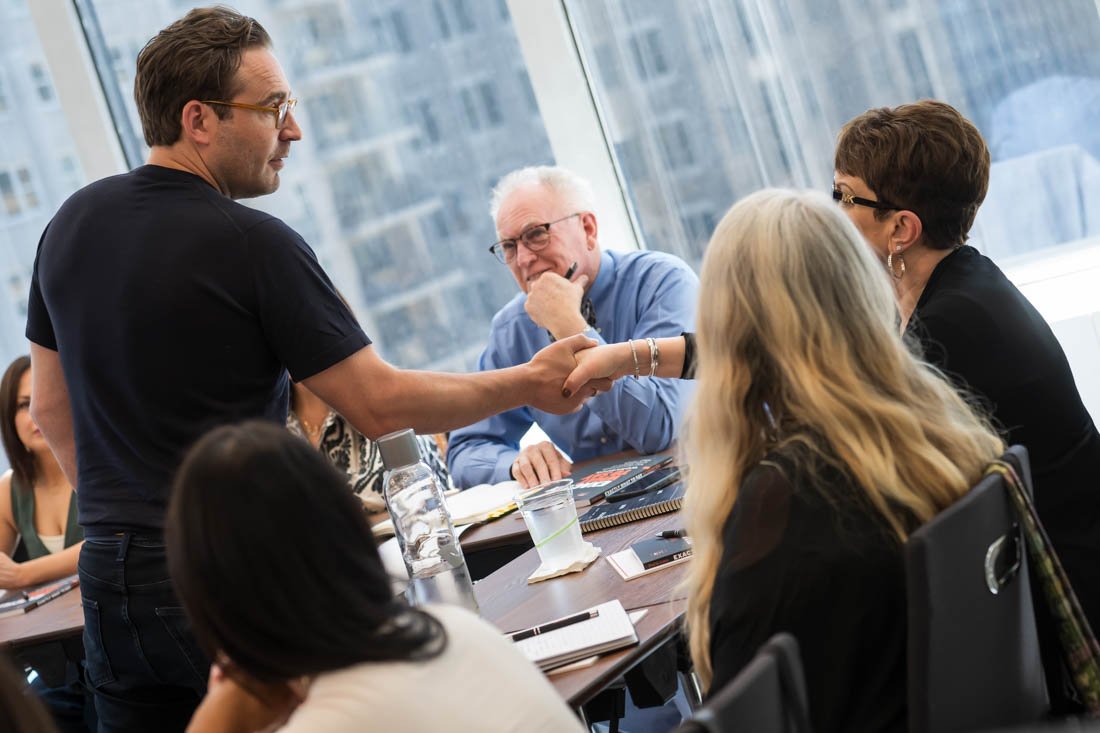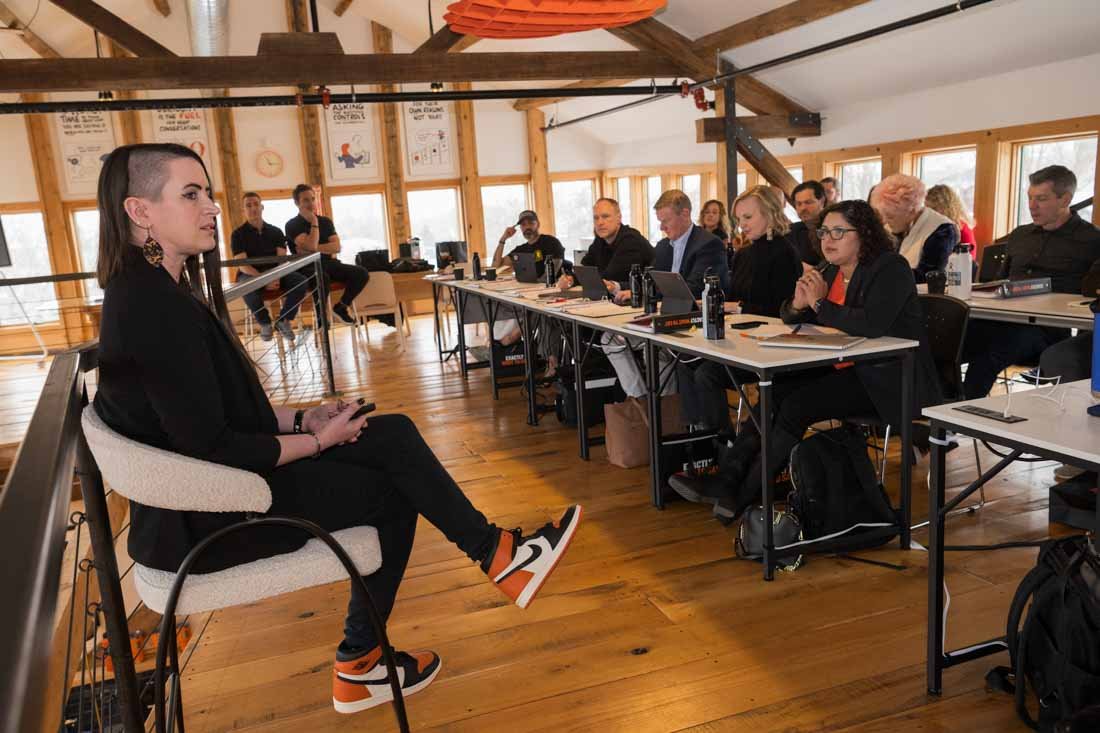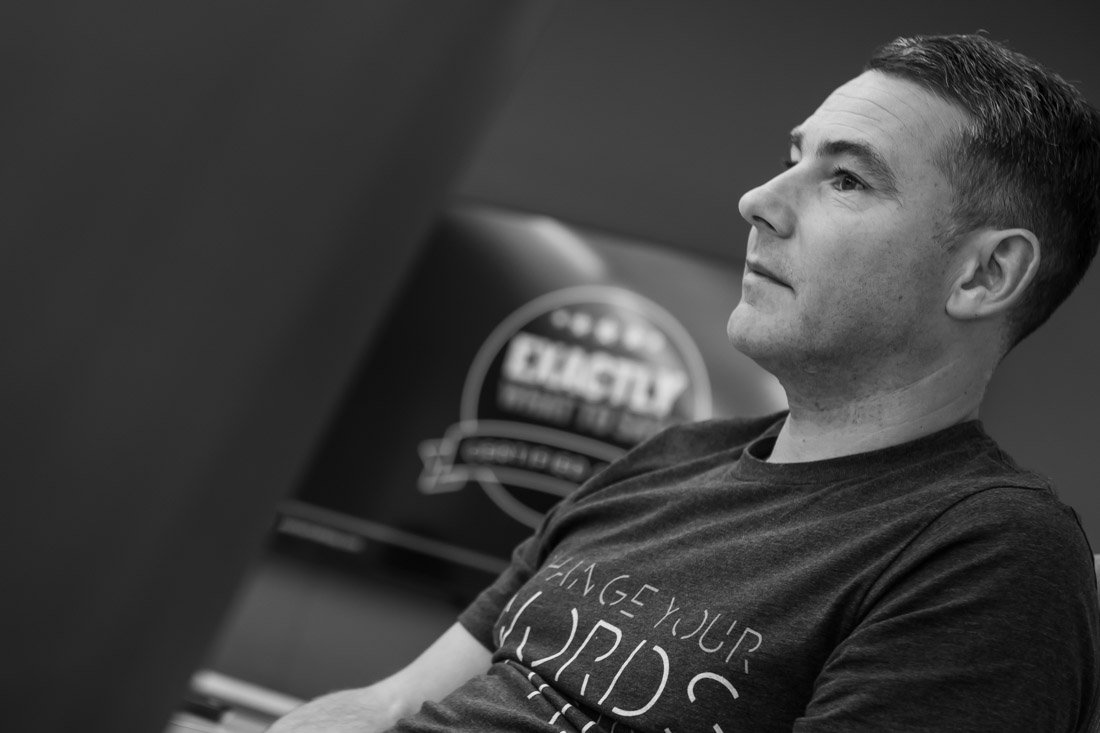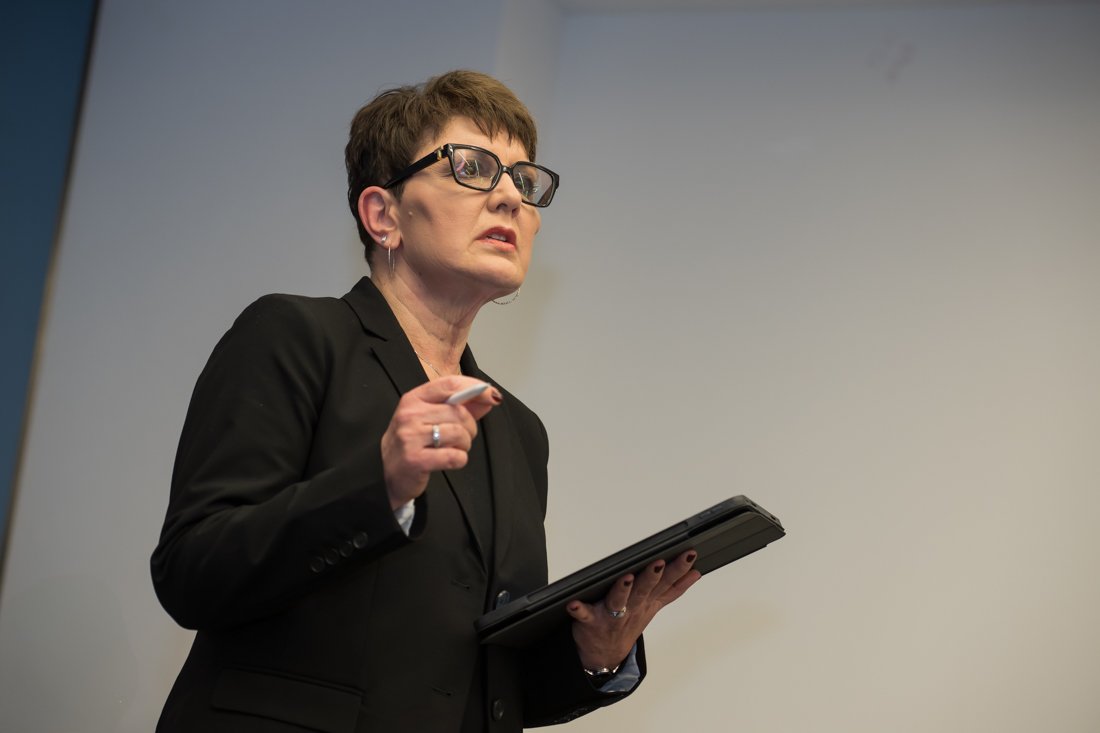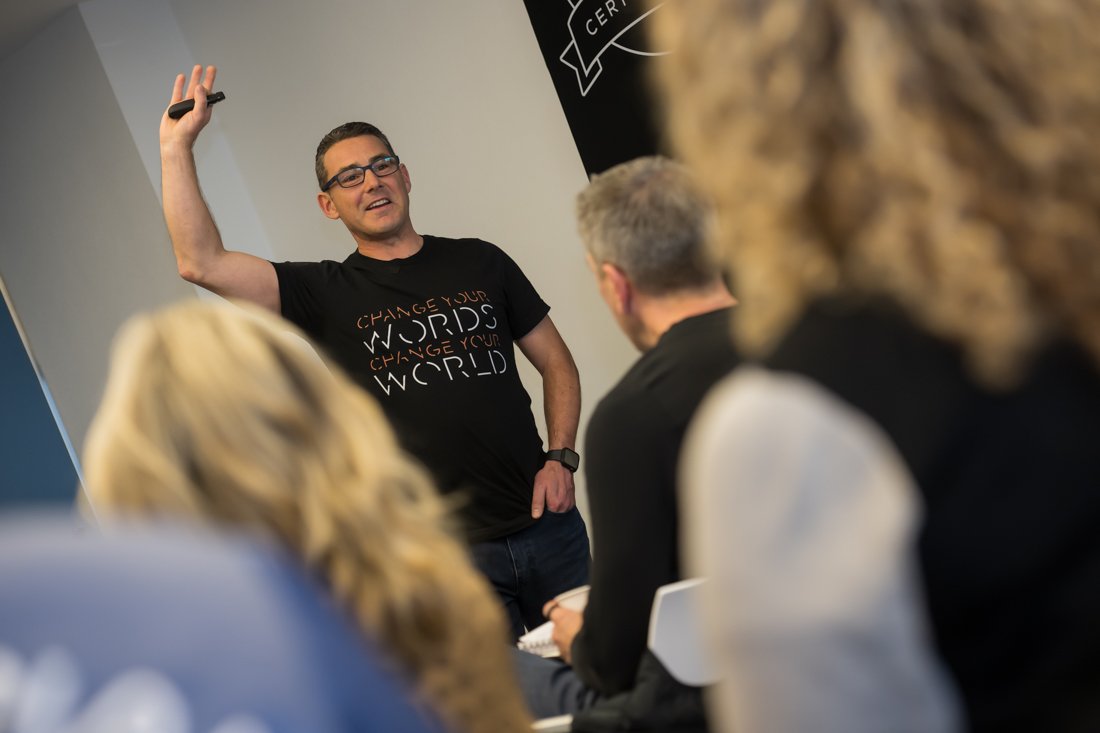Planning an event, whether in-person or virtual, can feel overwhelming, but it doesn’t have to be. When you break it down into manageable steps, you can host an event that’s impactful and memorable. As someone who’s worked closely with our Exactly What to Say® Certified Guides, I’ve learned firsthand how important it is to have a clear, actionable plan.
That’s why I’m sharing this guide, it’s packed with practical advice, plus insights that I use when I coach and support Guides through their own event planning. Whether you’re hosting a 30-minute Power-Up session or a multi-day event, let’s make sure you’ve got everything covered.
Pre-Event Planning
Start Early (Seriously, the Sooner the Better)
I always tell the Guides I work with—start planning early! You should aim for at least 12 weeks to promote your event. Giving yourself this cushion helps you handle any last-minute adjustments without stress. And if you’ve got a few attendees in mind already, you can even tailor the event date around their availability, which can be especially helpful for workshops or certifications.
Pick the Right Date, Time, and Format
When planning for your community or clients, always think about their needs first. If it’s a virtual event, you’ll need to be mindful of time zones. For in-person events, lock in that venue early! If you’re working with a company or specific community, I always recommend arranging a pre-event call to make sure you’re aligning your content with their goals.
Get the Word Out
As a Head of Learning & Development for Exactly What to Say, I’ve seen how powerful the right promotional strategy can be. Use all the platforms at your disposal, social media, email, event listing sites, and more. For virtual events, don’t overlook the importance of tapping into online communities and networks. And if your event includes physical materials like books or workbooks, get those ordered well in advance.
Structure Your Event
A balanced structure is key for successful events. For in-person events, think about breaking up your content into manageable chunks (like four 90-minute sessions with breaks). For virtual events, it’s even more important to keep things concise, with lots of breaks to maintain energy. Remember, you’re building the experience, not just filling time.
Keep Attendees Engaged
The Guides I support know how important it is to make events interactive. For virtual events, tools like live Q&A, polls, and breakout rooms can keep your attendees engaged. In-person events benefit from icebreakers, group discussions, or hands-on activities. The use these engagement techniques, whether virtual or in-person with the aim to foster meaningful interactions and create a more dynamic event.
Prep Like a Pro
One of the most important things I emphasize in my coaching is the importance of preparation. Have your materials, presentations, workbooks, handouts ready well ahead of time. For virtual events, I recommend doing a full tech check, test everything before you go live, whether it’s internet connection, platform compatibility, or A/V equipment. It makes a world of difference!
Keep Track of Your Budget
When you’re in the weeds of event planning, it’s easy for the budget to get away from you. Keep track of your costs from the start, including venue/platform fees, catering (if applicable), and extras like shipping or insurance. Managing the logistics early on will save you a lot of stress closer to the event day.
Plan for Feedback & Next Steps
Creating feedback forms is a no-brainer, where you can gather real-time feedback. But here’s a tip I give to the Guides I work with: don’t forget about the downsell or upsell. Whether it’s an exclusive follow-up session or a special offer for future events, think about how you can provide ongoing value to your attendees.
During the Event
Set the Stage
Whether you’re hosting an in-person or virtual event, the setup matters. For in-person events, check the room layout and ensure the A/V equipment is ready to go. For virtual events, be sure to log in ahead of time to ensure everything runs smoothly. I often tell our Guides to treat setup like the foundation of a great event, it’s all about getting the little details right.
Capture the Moment
Have you thought about capturing your event on camera? A photographer or videographer can help document your event, especially for in-person workshops. For virtual events, recording the session is an absolute must. It is key to make the most of these recordings for future promotion, or as a follow-up for attendees who want to revisit the content.
Engage & Share Future opportunities
Here’s something I always encourage: don’t miss the chance to promote your other services during the event. Whether it’s offering a special deal or previewing future events, use your time to upsell. For virtual events, consider offering exclusive access to content or a discount on future programs. For in-person events, you could have a signup sheet for upcoming workshops or certifications.
Post-Event Follow-Up
Reflect and Review
After every event, I take time to review the feedback and see what went well. It’s important to evaluate how things went, what worked, and what needs tweaking.
Send a Thank-You
A simple thank-you email can go a long way. Include event highlights, useful resources, and any special offers. If you’re offering discounts for return customers or early-bird access to future events, make sure they know about it. Following up promptly to keep the energy going after the event.
Repurpose Your Content
This is a big one. You’ve worked hard on your content, so why not use it again? Photos, videos, and testimonials are great assets for future marketing efforts. Share event highlights on social media, or feature them in newsletters or on your website. It keeps the conversation going and generates buzz for your next event.
By following this plan, you’ll be set to create an event that truly connects with your community. The key is thoughtful preparation, keeping things engaging, and delivering valuable content that leaves attendees feeling inspired and eager for more. When you focus on making every detail count, you’ll see your audience actively participating, building stronger connections, and walking away with meaningful takeaways. Whether you’re hosting a small session or a big event, your efforts will pay off with loyal attendees who can’t wait for the next one.
Now’s the perfect time to start planning, let’s create an event that everyone will remember.
Ready to get started?
Let’s make it happen!


